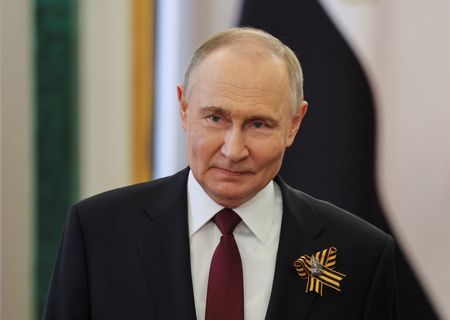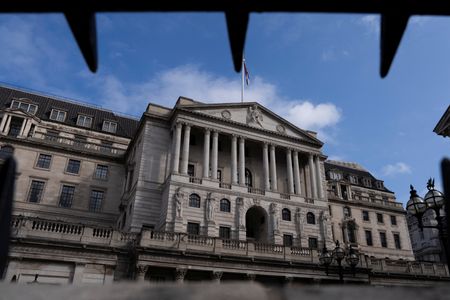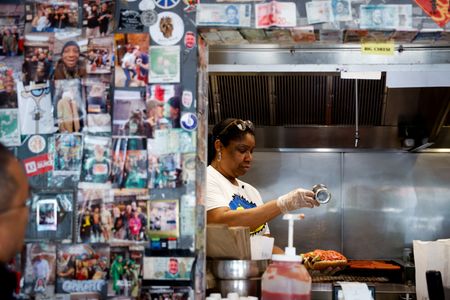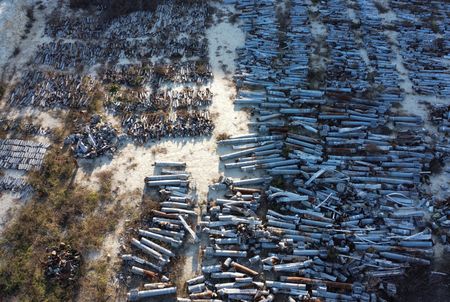By Gergely Szakacs and Marc Jones
BUDAPEST/LONDON (Reuters) -Ratings agency S&P Global has warned that the current political upheaval in Romania is putting the country’s coveted investment grade credit rating under increasing threat.
Romania’s financial markets were rattled this week after hard-right presidential candidate George Simion’s victory in a first-round vote deepened a political crisis in central Europe’s second-largest economy.
Prime Minister Marcel Ciolacu resigned following the result, triggering the collapse of the pro-Western coalition government and causing widespread concern about the country’s already strained finances.
A poll showed Simion, a vocal Eurosceptic, winning the deciding May 18 run-off election.
S&P warned that policymaking would become more fragmented and less stable over the next few months, regardless of the outcome, and result in “weaker growth, fiscal, and external outcomes than our already pessimistic assumptions.”
Romania is currently rated BBB- by both S&P and Fitch, and an equivalent Baa3 by Moody’s. All three have a “negative” outlook. They are the lowest rating in the investment grade category, meaning that any downgrade will lead to a drop into the so-called “junk” bracket.
That tends to put off conservative international investors and, therefore, push up borrowing costs.
Bucharest already runs the European Union’s biggest budget deficit, exceeding 9% of GDP.
Its main funding avenues are also affected by the political situation, S&P said, with access to the Eurobond market “weakened … leading to pressure on the exchange rate and the domestic bond market.”
Romania’s currency, the leu, has fallen nearly 3% against the euro, forcing the central bank to step in to try and stabilise it.
CONSOLIDATION RISKS
Bank of America economists said they expect Fitch to downgrade Romania’s rating by one notch in August, as the increased probability of a nationalist president and a change in government add risks to Romania’s fiscal consolidation path.
“This, in turn, in our view means the EU could consider suspending funds in June-July and a ratings downgrade also looks hard to avoid.”
Romania’s economy grew just 0.8% last year, the slowest pace since the COVID-19 pandemic, with one large employers’ group warning this week that the political turmoil could push the country into recession.
Sunday’s shock first round result has also seen its 10-year government bond yield, a proxy of the interest rate the government pays on its borrowings, shoot up some 100 basis points to its highest level since November 2022.
JPMorgan analysts have warned of a 15-20% devaluation of the leu versus the euro if the instability worsens after the deciding second-round vote.
The central bank likely spent anywhere between 5 to 10 billion euros of its foreign exchange reserves in the past few days to shore up the leu, based on estimates by economists and investment banks.
S&P’s post-election scenarios include the potential for an unstable minority government that would try to move ahead with fiscal consolidation, or early parliamentary elections which would further delay budget cuts.
A third, more optimistic, scenario considers the formation of a unity government with sufficient backing for fiscal stabilisation.
(Reporting by Gergely Szakacs and Marc Jones; Editing by Jacqueline Wong, Leslie Adler and Rachna Uppal)










